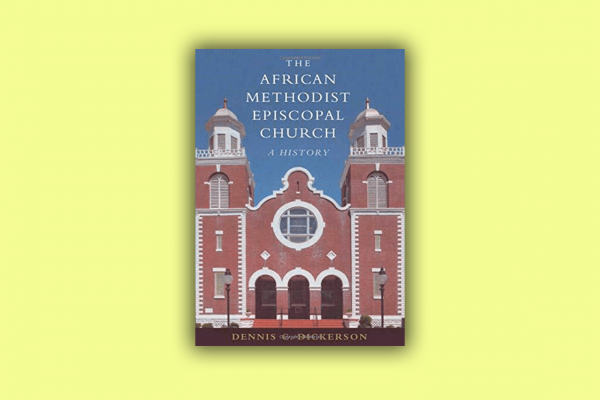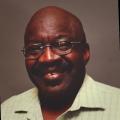DENNIS C. DICKERSON brings two competencies to the writing of this history. One is secular: He is a historian at Vanderbilt University, specializing in African American religious history, labor history, and the U.S. civil rights movement. The other is sacred: He is a retired general officer of the AME Church. In that capacity, he had access to the church’s extensive archives and served in the church’s leadership councils in Nashville, Tenn. With these gifts, Dickerson captures via superb research how the AME Church became a major social and denominational force in the construction of the African American religious experience — a narrative that includes the community’s enduring struggles for racial freedom, equality, and uplift. Dickerson writes:
The AME Church, located throughout its history within the Atlantic World, faced the forces of subjugation, which fixed the status of its large colored constituencies. Though AME ministers and members were themselves vulnerable peoples, they focused on the dual tasks of developing and maintaining an independent religious body and confronting powerful national, political, and economic structures aimed at black subordination. While institutional governance was itself a liberation activity, it competed and, at times, undermined equally important efforts to defeat oppressive systems of slavery, segregation, colonialism, and apartheid. The history of the AME Church is a narrative about these tensions.
In seven lucidly written chapters, Dickerson writes about the men and women — people of enslaved African descent in North America and, later, on the African continent—who gave faith, hope, and love to the dispirited, downtrodden, and the disinherited. Among those was Richard Allen, a former slave from Delaware and a Methodist preacher who, barred from praying at the altar of a white church in 1794, would go on to lay the foundations of the AME Church and eventually be elected the denomination’s first bishop. With keen insight and moving sensitivity, Dickerson locates Allen, his followers, and the AME Church within the abolitionist narrative and chronicles how the denomination became known as the “freedom” church.
“Both the United States and South Africa, the principal loci of racially oppressive systems, became major venues of denominational development,” Dickerson writes. “Therefore, clergy and laity devised a range of strategies to oppose, undermine, and circumvent oppressive policies aimed at black subjugation on both sides of the Atlantic.”
A. Philip Randolph of the Brotherhood of Sleeping Car Porters, Rosa Parks of the Montgomery Bus Boycott, Kenneth Kaunda of the Zambian African National Congress, and many others began their lives as Christians in AME churches. In southern Africa, the church developed health care facilities for HIV/AIDS patients. In writing this important book, Dickerson has made an impressive and comprehensive contribution to the African American, Atlantic, and religious histories. Readers can trust The African Methodist Episcopal Church: A History to be an authoritative resource.

Got something to say about what you're reading? We value your feedback!







